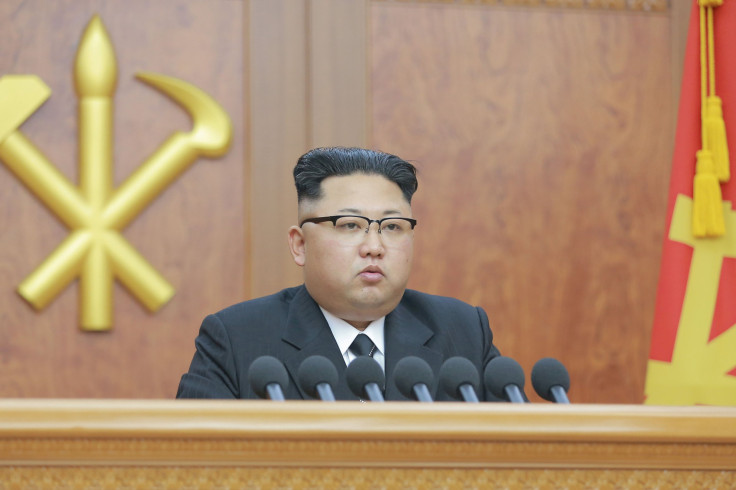Is China Going To War? North Korea Will No Longer Receive Weapons Materials From Beijing

China released a list of items it would no longer be exporting to North Korea on Wednesday, many of which can be used to build weapons of mass destruction, Reuters reported.
News of the ban came just hours before a senior official within North Korean leader Kim Jong-Un’s regime told NBC News that Pyongyang could test an intercontinental ballistic missile “at any time, at any place,” and that the country pursued full nuclear capability in an effort to “defend our sovereignty and to cope with the persistent nuclear blackmail and threats” from the U.S.
The materials Beijing will no longer be shipping to its isolated neighbor included drone- and rocket-related software, sensors, lasers, cameras capable of filming at a high number of frames per second and equipment used to construct nuclear missiles, according to the newswire. The ban aligns with the United Nations Security Council’s March embargo of so-called “dual-use” materials, which can be used as inputs for both harmless civilian products and deadly weapons.
Six weeks earlier, China halted all imports of North Korean coal—a lucrative export product for Pyongyang, the price of which rose 68 percent in October, mainly thanks to China—in compliance with the UN Security Council efforts to block North Korea’s path nuclear capability.
The new list of banned exports topped a September 2013 embargo on 236 pages worth of dual-use products prohibited from crossing the border into North Korea, a result of Chinese concerns that Pyongyang would soon develop a nuclear weapon, experts told the New York Times.
But as Joshua Pollack, a senior research associate at the Monterey, California-based Middlebury Institute of International Studies, said in a prepared speech at the Asan Institute in Seoul shortly after China’s more extensive embargo came to light in 2013, Pyongyang may have no need for such imports, as Kim's government has been manufacturing them since 2009.
“If it is the case that North Korea is making the crucial components for centrifuges inside the country… we can’t stop the expansion of the enrichment program,” he said, adding that the country’s lack of transparency makes denuclearization, let alone detection, impossible. “We may be forced to live with a nuclear North Korea for a long time.”
Still, that possibility appeared less likely Wednesday, when Pyongyang’s highest ranking defector, speaking to reporters in Seoul, said Kim’s regime’s days were “numbered,” the Times reported.
“I am sure that more defections of my colleagues will take place, since North Korea is already on a slippery slope,” Thae Yong-ho reportedly said, describing rampant corruption and discontent within the government’s ranks. “The traditional structures of the North Korean system are crumbling.”
© Copyright IBTimes 2024. All rights reserved.












